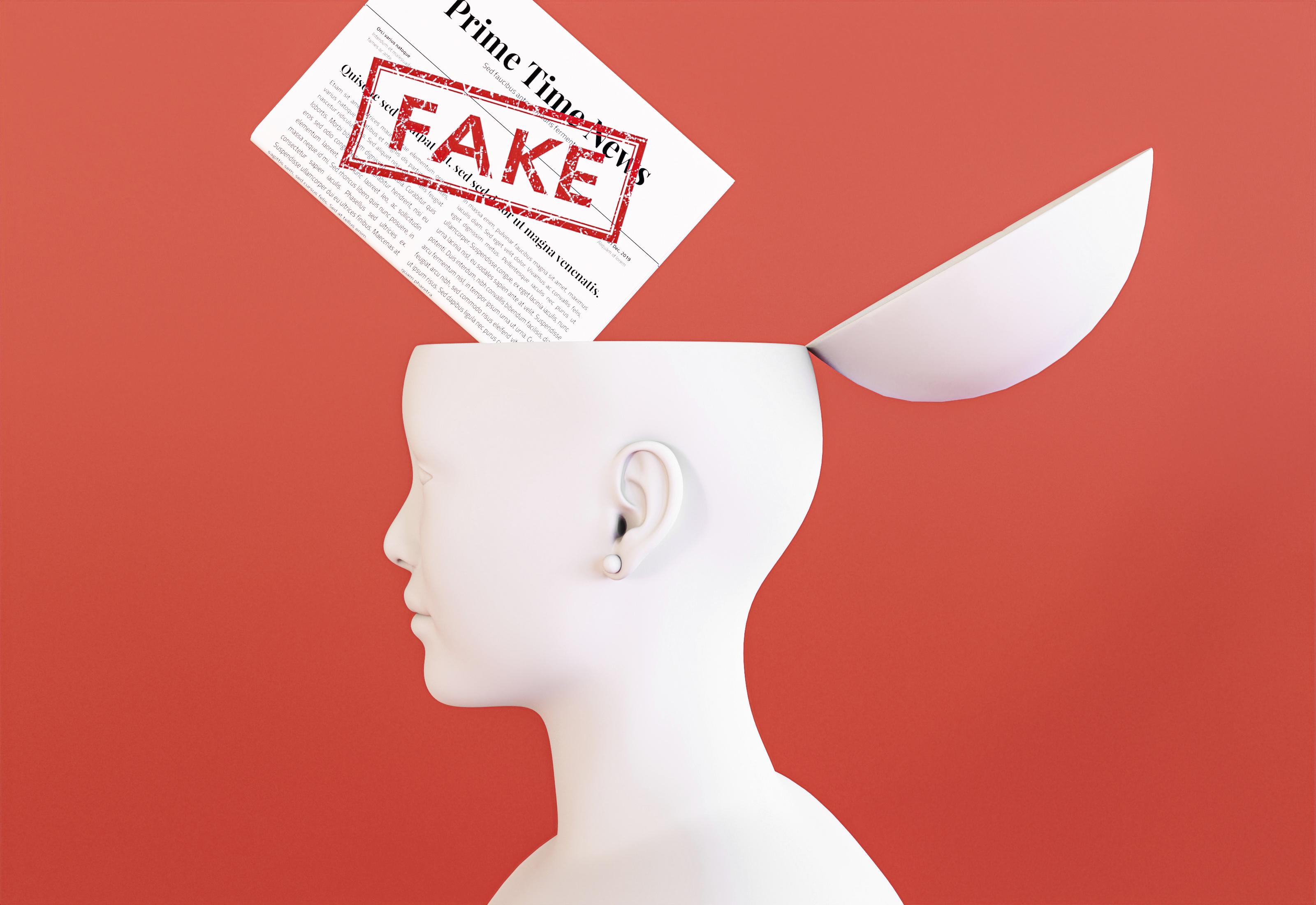- 14 3402-5578
- Rua Hygino Muzy Filho, 737, MARÍLIA - SP
- contato@latinoobservatory.org
 Imagem de Freepik
Imagem de Freepik
The impact of misinformation on communities of color and immigrants in the United States, especially in relation to elections, has been an important subject of discussion, especially at the current juncture of political expectations for the 2024 elections.
Prior to the 2020 election, there was a significant spread of false information and conspiracy theories targeting Latino and Asian American voters. That information included accusations that Joe Biden was a communist, allegations of witchcraft involving a co-founder of the Black Lives Matter movement, and doctored images defaming Donald Trump's campaign. These false claims have been spread on social media platforms like Facebook, affecting voters' opinions and perceptions.
According to an Associated Press article, as the 2024 election approaches, community organizations are bracing for a rise in misinformation directed at immigrant and black communities. The complexity and sophistication of these disinformation campaigns are increasing, fueled by social media platforms that enable the rapid spread of false information. Many of these campaigns focus on specific issues, important to each community, such as public safety, immigration, education, and more.
A particular challenge is the vulnerability of immigrants from countries with a history of authoritarian regimes or unfair elections, who may be more susceptible to misinformation such as those claiming the U.S. is becoming a socialist state. Language barriers and a lack of knowledge about American media also make these communities more likely to receive misinformation.
Disinformation is a voter suppression tactic that can have a significant impact on minority communities, undermining trust in the electoral process and democracy. Moreover, disinformation tactics feed into old stories of disenfranchisement of black people, dating back to the Jim Crow era, “of attempting to disenfranchise people of color, going back to voter intimidation and suppression efforts after the Civil Rights Act of 1866”, said Atiba Ellis, a professor of law at Case Western Reserve University School of Law, according to the Associated Press.
Social media platforms such as WhatsApp and WeChat are important channels for the spread of misinformation in multiple languages, often escaping detection by moderators and fact-checkers. The lack of translated content about the U.S. election process also leaves room for incorrect information.
A 2022 report by the left-wing watchdog group Media Matters tracked 40 Spanish-language YouTube videos that spread misinformation about the U.S. election. Many of these videos remained on the platform despite violating YouTube's election disinformation policy, the report said.
To combat this problem, experts recommend that
social media companies invest in content moderation and fact-checking in
languages other than English. In addition, they suggest that the government and
election authorities make voting information accessible to non-English-speaking
communities, provide media literacy training, and identify trusted messengers
within communities to counter disinformation narratives.











